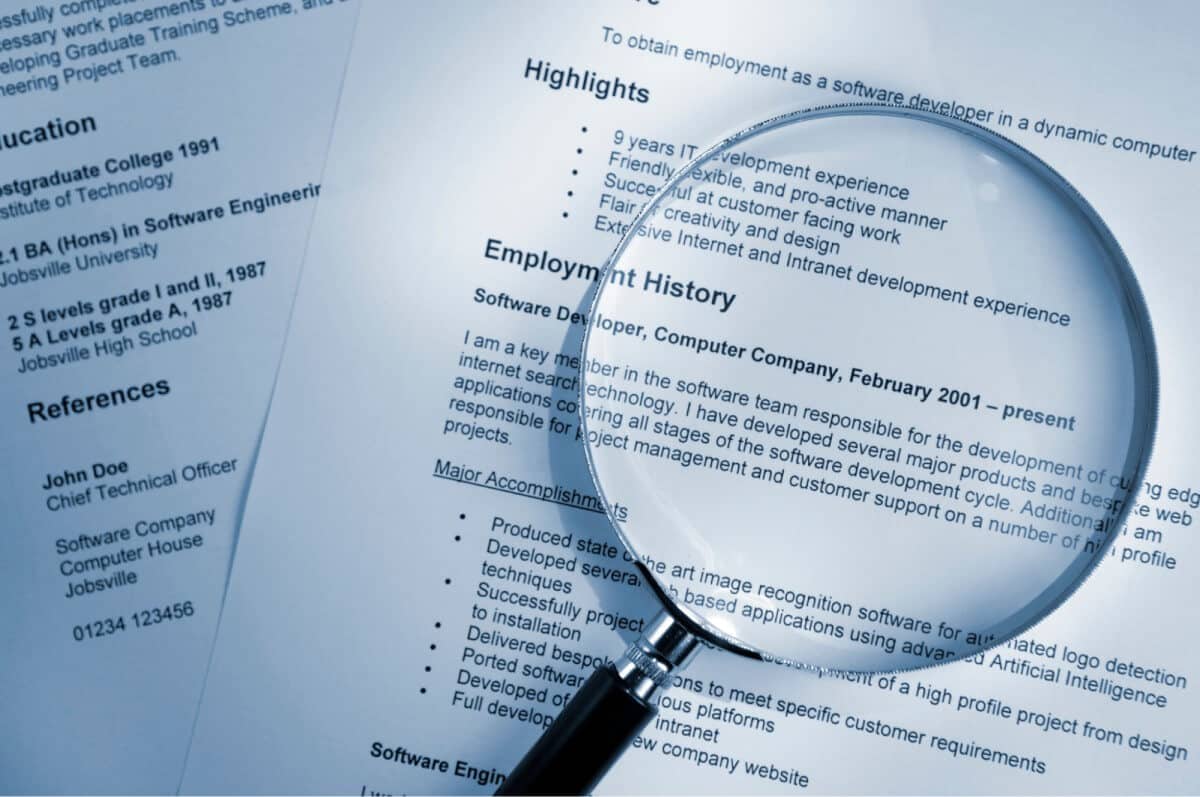In keeping with our discussion of Executive Level roles and how to successfully recruit for them, we’re going to take a look at the shortlisting and selection process at a more granular level. Once again the aim of the game here is to elevate yourself to the calibre of candidate that you’re looking for. More than any other role, interviewing at this level is very much two-way and you’re being interviewed just as much as your chosen candidate is.
Rating and Ranking of applications
Assuming your candidate attraction strategy is going well you likely have some resumes and applications in front of you. It’s well known that recruitment timelines get a little bit longer at an executive level, this means that you’re going to want to move quickly at these early stages while you still can to avoid making the timeline even longer.
Begin rating and ranking as quickly as you can, if you’ve used screening questions compare the answers that you’ve received to the resume and cover letter in order to make an overall assessment of the candidate. Once you know who your most interesting prospects are, invite them to an interview immediately.
You likely aren’t the only organization they’re applying with so you’ll want to get them engaged in your organization as quickly as you can. This is probably a given, but just in case it isn’t, you’ll also want to be flexible in the interview times that you offer.
Initial interviews
For your first interview, you’ll want to be well-armed with information about your organization, the role, and the package that your candidate is entitled to. If you’re used to your interviews being one-sided you may find executive interviews a little bit more confronting. Candidates at this level are used to being decisive and you may find yourself answering questions throughout the interview, as well as asking them, making your interview much more conversational than they normally are.
The best way to handle this is to allow for more time for executive interviews than normal so that you can properly field these questions and thoroughly engage your candidate with your organization. In terms of the questions you ask, at this point, it’s all about qualifying the candidate so you don’t need to ask anything fancy. Get them to walk you through their experience, find out what they’re looking for in a new role, and discuss both the location and the compensation package to make sure it works for them. Finally, as you sum up and bring the interview to a close give them an overview of your expected timelines and how many interviews your candidate can expect to go through. Subsequent interviews will likely drill more deeply into what your candidates bring to the table and you shouldn’t be afraid of that as that is what executive-level candidates are expecting.
Shortlisting your top candidates
As you progress your candidates through your interview process you’ll naturally develop a shortlist of the best of the best. In this best-case scenario, you’ll come to the end of your process and have two or three people to choose from. At this point, it is time to start your psychometric testing and reference checks. These reviews are unlikely to rule anyone out of your process but they may make one member of your shortlist shine a little brighter than the others. Alternatively, if you only have one candidate left your reference checks and the results of psychometric testing may give you the confidence that you need to make an offer to that candidate.
Many people skip psychometric testing and reference checks during their recruitment process but both are paramount to ensuring you have a full picture of who your new potential hire is. This person is going to lead some aspect, or all, of your organization if you hire them so make sure you know everything you can about this person before you proceed with them.
With interviews completed and reference checks along with relevant testing carried out it is now time to make your offer. At this point, your hard work is hopefully done, but don’t be surprised if there is some last-minute haggling over the compensation package or if your potential new hire takes a bit of time to review their contract before signing. However, if everything goes to plan, you’re candidate will sign the contract and you will have made your next executive hire.
If you’re interested in a free consultation with one of our many recruitment experts, please do get in touch and our specialists would be happy to help you to plan out all of your upcoming executive recruitment needs.
To make sure that you don’t miss an episode of The Talent Scout, sign up below.





